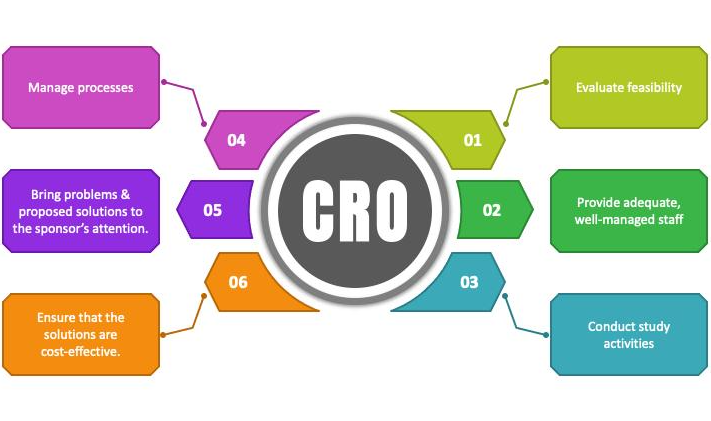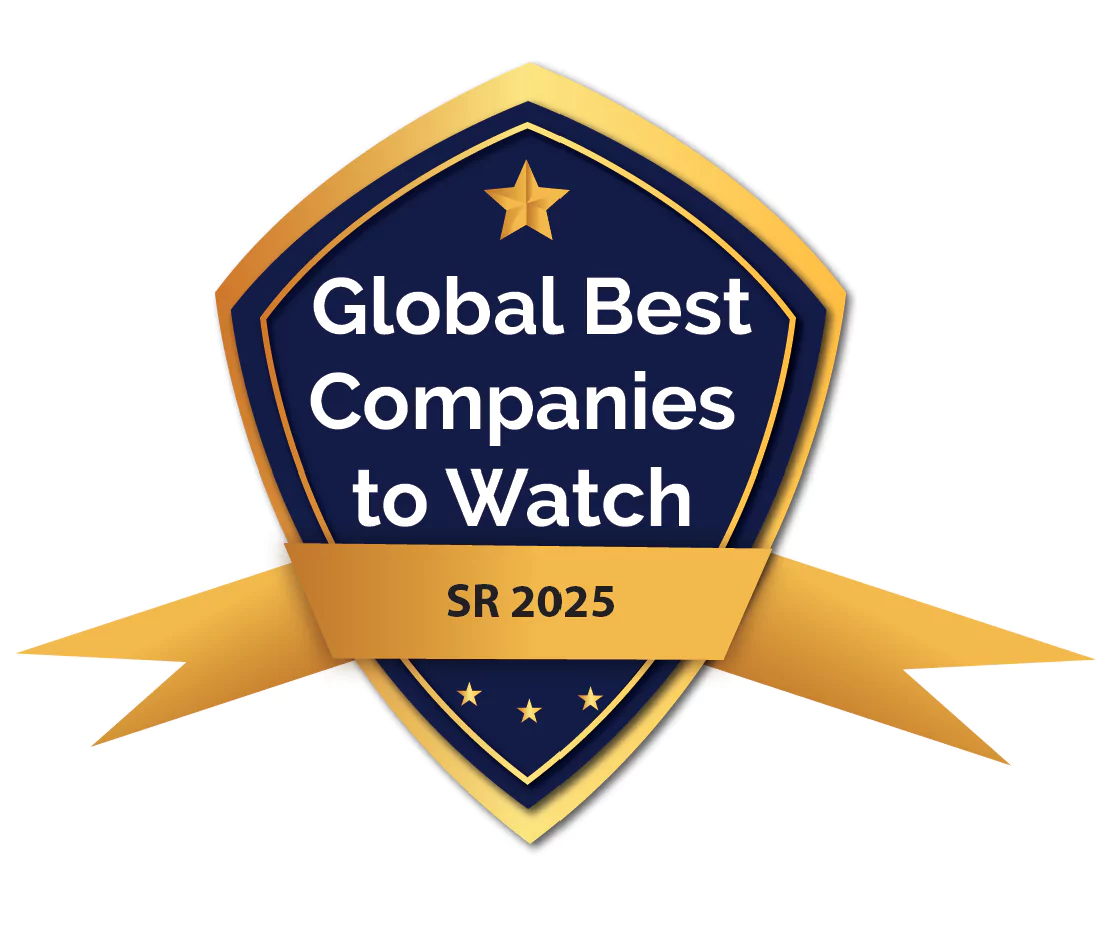Introduction
In the landscape of modern clinical research, Contract Research Organizations (CROs) have emerged as key players in accelerating pharmaceutical innovation. As clinical trials grow increasingly complex, time-consuming, and resource-intensive, CROs provide indispensable support across all stages of the drug development process—from trial design and regulatory submissions to patient recruitment, data management, and post-marketing surveillance. This evolution reflects a broader trend in contemporary pharmaceutical research, where companies seek to enhance efficiency and flexibility by outsourcing critical clinical operations. By partnering with CROs, Boietchs and pharmaceutical firms can focus on their core competencies such as drug discovery and commercialization, while leveraging the specialized expertise, global reach, and regulatory know-how of CROs to reduce time-to-market and optimize resource allocation in an ever-competitive environment [1].
Strategic Outsourcing in Pharmaceutical Research
Contract Research Organizations (CROs) have become pivotal actors in modern pharmaceutical research and development. As the complexity and cost of drug development continue to rise, pharmaceutical companies increasingly rely on CROs to manage a broad range of tasks. This outsourcing strategy allows pharmaceutical firms to concentrate on their core activities such as drug discovery, commercialization, and portfolio management, while benefiting from the efficiency, speed, and regulatory expertise of specialized CROs [1]. In a context where reducing time-to-market is a competitive advantage, CROs offer a valuable solution for optimizing resource allocation and minimizing internal operational burdens.
Full-Service Support Throughout the Clinical Development Lifecycle
CROs provide end-to-end support across all phases of clinical research, especially during the most demanding stages of drug development: phases I through III [2]. Their involvement begins early in the process with the design of clinical trial protocols, followed by site identification, investigator recruitment, and patient enrollment—all of which are critical to a trial’s success [23][32]. CROs also oversee data monitoring, biostatistical analysis, medical writing, and pharmacovigilance, ensuring not only the scientific integrity of the trial but also strict adherence to international regulatory standards [23][32]. Their ability to operate efficiently in multi-center and multi-country trials gives them a strong strategic edge, particularly for sponsors aiming to accelerate drug development across global markets [2].
Specialized Expertise and Operational Excellence
What sets CROs apart is their access to a wide pool of highly skilled professionals across various domains of clinical research. Teams are typically composed of clinical project managers, clinical research associates (CRAs), data managers, regulatory affairs specialists, biostatisticians, and medical writers, all working in a coordinated and structured framework [23][32]. Each of these roles contributes to the efficiency, precision, and compliance of the trial process. For instance, CRAs are responsible for monitoring trial sites and ensuring protocol adherence, while data managers handle electronic case report forms (eCRFs) and ensure data integrity [3]. This multidisciplinary structure allows CROs to manage complex workflows and mitigate risks, all while meeting demanding timelines and budget constraints [2].
An Expanding Market with Strategic and Professional Opportunities
The CRO market is undergoing rapid expansion, driven by the rising demand for outsourced clinical services and the increasing regulatory burden on pharmaceutical companies. The top 10 CROs dominate the global landscape, leveraging their technological infrastructure, regulatory intelligence, and network of experienced investigators to offer scalable and customizable solutions [1]. This growth is not only significant from an industry perspective—it also reflects the broadening scope of career paths within CROs. Roles such as biostatisticians, CRAs, clinical trial assistants, and pharmacovigilance officers are becoming increasingly attractive to young professionals with backgrounds in life sciences, public health, statistics, or regulatory affairs [3][2]. As CROs continue to evolve and adopt innovative technologies like AI and remote monitoring tools, their role in shaping the future of drug development will only grow stronger.
Conclusion: CROs as Catalysts for Innovation and Efficiency
In summary, Contract Research Organizations are more than just service providers—they are strategic partners that play a central role in accelerating and optimizing the drug development pipeline. Their comprehensive services, regulatory knowledge, and scientific expertise provide a foundation for pharmaceutical companies to innovate faster, manage risks better, and reduce development costs. As the global demand for new and effective treatments intensifies, CROs are expected to continue expanding their influence, offering both economic value to sponsors and career opportunities to professionals in the field. Ultimately, CROs stand at the crossroads of science, technology, and health—acting as indispensable facilitators of therapeutic progress.
References
[1] What Is a Contract Research Organization (CRO)?
[2] Contract Research Organisations: Services, Roles, and Benefits | Novotech CRO
[3] A guide to Contract Research Organisations (CRO)




